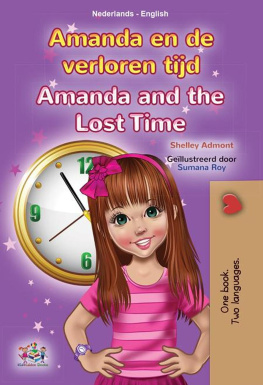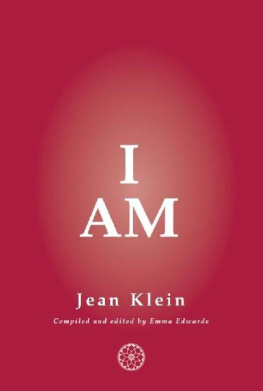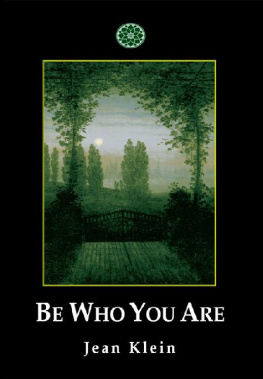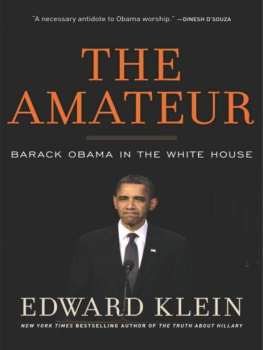Amanda Ann Klein - Millennials Killed the Video Star
Here you can read online Amanda Ann Klein - Millennials Killed the Video Star full text of the book (entire story) in english for free. Download pdf and epub, get meaning, cover and reviews about this ebook. publisher: Duke University Press, genre: Politics. Description of the work, (preface) as well as reviews are available. Best literature library LitArk.com created for fans of good reading and offers a wide selection of genres:
Romance novel
Science fiction
Adventure
Detective
Science
History
Home and family
Prose
Art
Politics
Computer
Non-fiction
Religion
Business
Children
Humor
Choose a favorite category and find really read worthwhile books. Enjoy immersion in the world of imagination, feel the emotions of the characters or learn something new for yourself, make an fascinating discovery.

- Book:Millennials Killed the Video Star
- Author:
- Publisher:Duke University Press
- Genre:
- Rating:5 / 5
- Favourites:Add to favourites
- Your mark:
- 100
- 1
- 2
- 3
- 4
- 5
Millennials Killed the Video Star: summary, description and annotation
We offer to read an annotation, description, summary or preface (depends on what the author of the book "Millennials Killed the Video Star" wrote himself). If you haven't found the necessary information about the book — write in the comments, we will try to find it.
Millennials Killed the Video Star — read online for free the complete book (whole text) full work
Below is the text of the book, divided by pages. System saving the place of the last page read, allows you to conveniently read the book "Millennials Killed the Video Star" online for free, without having to search again every time where you left off. Put a bookmark, and you can go to the page where you finished reading at any time.
Font size:
Interval:
Bookmark:
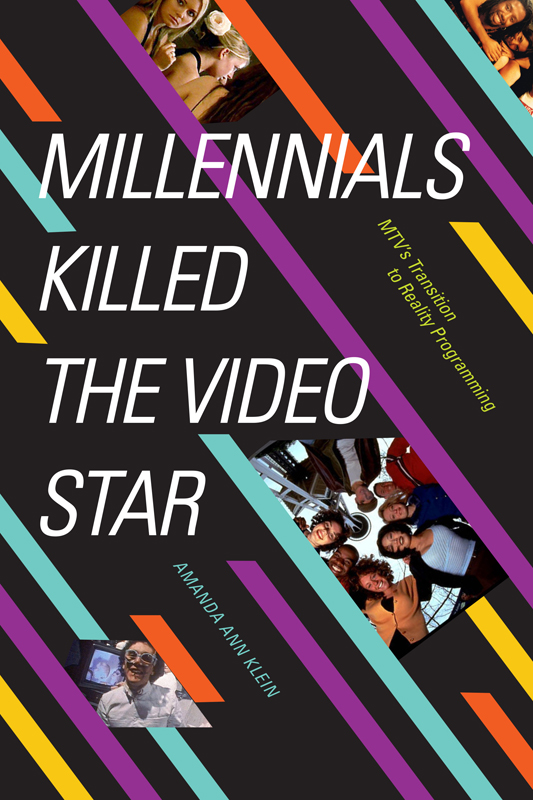
AMANDA ANN KLEIN
MILLENNIALS KILLED THE VIDEO STAR
MTVS TRANSITION TO REALITY PROGRAMMING
DUKE UNIVERSITY PRESS
Durham and London 2021
2021 Duke University Press. All rights reserved
Printed in the United States of America on acid-free paper
Cover designed by Aimee C. Harrison and Drew Sisk
Text designed by Aimee C. Harrison
Typeset in Minion Pro and Univers LT Std by Copperline Book Services
Library of Congress Cataloging-in-Publication Data
Names: Klein, Amanda Ann, [date] author.
Title: Millennials killed the video star : MTVs transition to reality programming / Amanda Ann Klein.
Description: Durham : Duke University Press, 2021. | Includes bibliographical references and index.
Identifiers: LCCN 2020024439 (print)
LCCN 2020024440 (ebook)
ISBN 9781478010265 (hardcover)
ISBN 9781478011309 (paperback)
ISBN 9781478012870 (ebook)
Subjects: LCSH: MTV Networks. | MTV NetworksHistory. | Music videos. | Generation Y. | Popular cultureUnited States.
Classification: LCC PN1992.8.M87 K545 2021 (print) | LCC PN1992.8.M87 (ebook) | DDC 791.450973dc23
LC record available at https://lccn.loc.gov/2020024439
LC ebook record available at https://lccn.loc.gov/2020024440
Cover art: Stills from Laguna Beach, A Black & White Affair, season 1, episode 1 (MTV, September 28, 2004); The Real World: San Francisco, season 3 (MTV, 1994); The Real World: Seattle, season 7 (MTV, 1998); and Video Killed the Radio Star, the Buggles, music video (first aired on MTV, August 21, 1981).
The process of getting this book from inside my head and onto the page was a long one. It started in 2009, when I first published on this topic in an issue of Jump Cut, and was completed in 2019, when I hit send on the final manuscript. I want to offer my gratitude and appreciation to Duke University Press for believing in this project, and especially to my editor, Sandra Korn, who was with me every step of the way. I could not ask for a better or more reliable editor to shepherd me through peer review. Along the same lines, I am grateful to the peer reviewers for their time and helpful feedback. My work is better because of the time and thought they put into their reviews.
I owe much thanks to the English department at East Carolina University, specifically to my writing group at ECU, the Femidemics, who have been going strong since 2008. Marianne Montgomery, Anna Froula, Marame Gueye, and Su-ching Huang, you are wonderful readers and wonderful colleagues, and you have all made me a stronger writer and a more empathetic editor.
This book would have never come together if not for the formation of the Lazy Bottom Writing Retreat in 2015 with my ECU colleagues, including Anna Froula, Jennifer McKinnon, Anne Ticknor, Stacy Weiss, Amber Wigent, Cindy Grace-McCasky, Allison Crowe, Beth Thompson, and Paige Averett. This retreat offered me the much-needed time and space to, as Virginia Woolf once put it, dream over books and loiter at street corners and let the line of thought dip deep into the stream. These women have taught me that it really does take a village to write a book.
I am also grateful to the amazing scholars, in the field of media studies and beyond, who offered invaluable feedback on chapters or pieces of this project over the years, including Jason Mittell, Brenda Weber, Chuck Kleinhans, Erin Meyers, Faye Woods, Jon Kraszewski, Caetlin Benson-Allott, Ethan Thompson, Amy Borden, Anne Ticknor, Nicole Sidhu, the editors at Flow and Antenna, and my virtual coven of scholars, the Back Channel.
The scope and tone of this book shifted the day that Max Joseph of Catfish agreed to grant me an interview for this project. His generosity opened the door for me to interview Teen Moms Dia Sokol Savage, who, in turn, introduced me to The Real Worlds Jonathan Murray. The information revealed in these interviews proved integral to the trajectory of my arguments. I also want to thank Irene McGee, Paula Beckert, and Bret Oliverio for taking the time to speak with me, and for their candor.
Last but not least, I want to thank my husband, Zach, and our children, Maisy and Jude, who learned to back away from my office door when I was writing. You are my biggest cheerleaders and I could not have completed this book without your support.
This books title, Millennials Killed the Video Star:MTVs Transition to Reality Programming, is a play on two significant moments in the cultural representation of American youth, albeit from two different moments in time. One alludes to the first music video to air on MTV on August 21, 1981, the Buggles Video Killed the Radio Star. The song was most likely selected as the inaugural video for the channel due less to its popularity and more to its timely lyrics, which are ambivalent about advances in technology and culture. The chorus includes the refrain Video killed the radio star / Video killed the radio star / In my mind and in my car / We cant rewind weve gone too far. These lyrics imply that contemporary technology is committing violence against the technology of the past. But whether these developments are positive or negative, it doesnt really matter: we cant rewind, weve gone too far. Over the course of the video, the girl literally and symbolically turns away from her radio and toward her television, which is playing MTVs videos. Video Killed the Radio Star proved prescient; by 1983, just two years after the launch of the worlds first twenty-four-hour video-music channel, music videos, rather than radio programming, became the standard way for record companies to promote artists and their new singles (Ed Levine 1983).
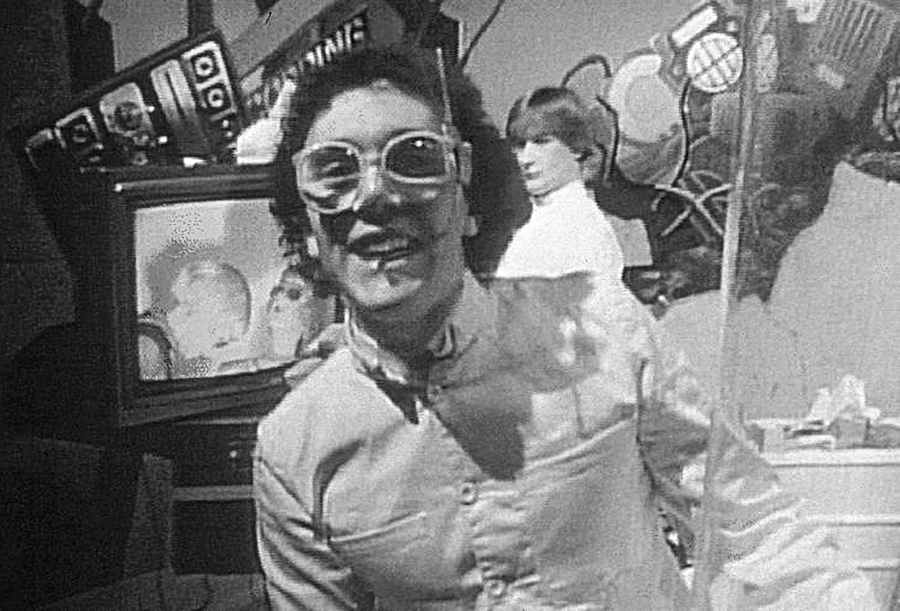
The Buggles Video Killed the Radio Star was the first music video to air when MTV launched on August 21, 1981.
Video might have killed the radio star in 1981, but between 1995 and 2000, the number of music videos airing on MTV dropped by 36 percent. By the early 2000s, it was difficult to locate any music videos on the cable channel (Hay 2001). So who killed the video star? This question leads me to the second important cultural moment referenced in this books title: Millennials, their presumed consumer tastes, and their (assumed) economic power.
These narrativesof the ratings-starved MTV and the industry-destroying Millennialsconverge in the late 1990s, when the channels target audience of Gen Xers slowly aged out of the way, allowing Millennials to become MTVs youth audience du jour. In the late 1990s, MTVs overall ratings were also dropping. This was precipitated by a number of cultural, economic, and industrial factors, including a loss of interest in the faddishness of music videos and the escalating costs of producing music videos. MTV knew it needed to change the content it produced for this new youth audience, the Millennials, and so the channel invested in extensive audience research to figure out what this demographic might desire. A key finding was that Millennials wanted to be a part of the media they consumed. As Jonathon I. Oake writes, Thus, the deviance of Xer subcultural subjectivity lies in its perverse privileging of watching over doing. While baby boomers are mythologized as those who made history, Xer identity is presided over by the trope of the slacker: the indolent, apathetic, couch-dwelling TV addict (2004, 8687). In contrast to the stereotypes of passivity, voyeurism, and cynicism that were ascribed to Generation X, Millennials were imagined as being quite the opposite; they were described as earnest and engaged, with a belief that their actions and words matter and make a difference (Arango 2009). Popular culture represented Millennials as active makers who exude optimism about the possibilities generated by the rise and prevalence of information and communication technologies (ICTs). In response to these findings, MTV created a live countdown show hosted by Carson Daly,
Font size:
Interval:
Bookmark:
Similar books «Millennials Killed the Video Star»
Look at similar books to Millennials Killed the Video Star. We have selected literature similar in name and meaning in the hope of providing readers with more options to find new, interesting, not yet read works.
Discussion, reviews of the book Millennials Killed the Video Star and just readers' own opinions. Leave your comments, write what you think about the work, its meaning or the main characters. Specify what exactly you liked and what you didn't like, and why you think so.


